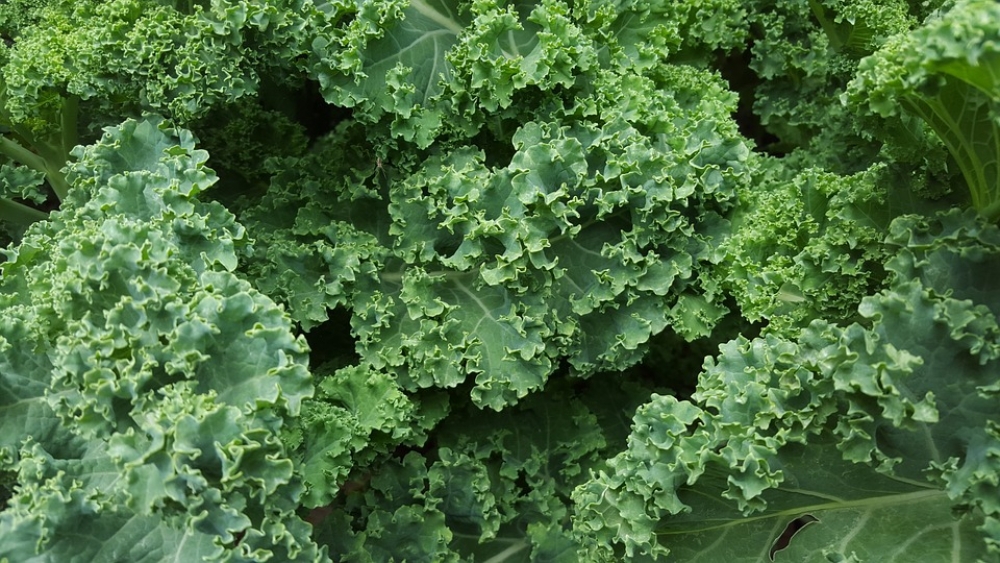For many, kale is synonymous with the term superfood. Juice bars flog it, Gwenyth Paltrow and Beyonce love it, even McDonald’s has a kale salad on its menu–though it seems they missed the point of healthy options by adding all kinds of fat and sodium. More nutritious than spinach, kale is an antioxidant and vitamin feast, and more sustainable than many other potential superfoods.
NUTRITIONAL BENEFITS
- high in fibre, which can help regulate glucose levels in those with diabetes
- contains high levels of vitamin K, which, along with fibre, supports heart health
- packed with vitamin A and C, which along with its high levels of antioxidants may counteract cell damage caused by inflammation and free radicals
- high potassium content may help reduce the risk of stroke, and increases from 79 mg to 296 mg per cup when cooked
FOOD FOR THOUGHT
Introduced to North America from Europe and Russia, kale gets high marks for sustainability and nutrition. Depending on how it is grown,crops may contain unsafe levels of pesticides. Buying organic is one option (though not all organic products are pesticide free). Kale is popular in East Africa and the Kenyan government describes it as being grown by small-holding farmers, providing employment mostly for women and youth.


